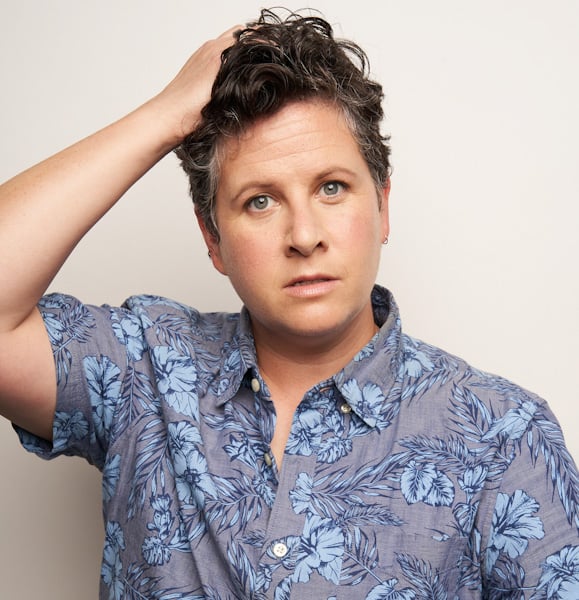Technology, Translated
When intellectual property litigator Roger L. Cook looks for an expert witness to provide testimony in one of the prior art infringement cases he’s trying, he doesn’t just look for strings of advanced degrees or an association with a venerable academic institution.
He’s also looking for someone who can translate technical concepts into plain English.
“An expert witness can’t just know the material,” says Cook of San Francisco. “The witness must be able to explain it you want someone who can teach.”
Although many technical issues in IP cases are first heard by a judge during the Markman hearing, it does not automatically follow that such issues will be resolved to the point that a jury can easily grasp the complicated concepts involved. So finding an expert who can effectively translate complex material to a jury can be crucial to making a strong case.
Yet finding an expert with these skills can be as difficult as obtaining a patent itself. That’s why Cook has become one of a growing number of IP lawyers who get creative when gauging the jury savviness of a potential expert witness.
Cook often starts his search by going to RateMyProfessors.com, a free online service that allows students to post anonymous numerical ratings and comments on a teacher’s helpfulness, clarity and easiness. According to the site, visitors can search some 5 million ratings of 700,000 professors at more than 5,000 schools.
“These students don’t pull any punches,” Cook says. “I decided to pass on an expert who, one student wrote, will ‘destroy you like an academic ninja.’ But I will pursue someone who, students say, takes the time to help them understand a complex subject.”
Even expert witness banks and litigation consulting companies–long among a lawyer’s first lines of inquiry–are taking note of the increasing emphasis on jury-savviness and are adjusting their application processes accordingly. “We find great, educated people, but if they can’t explain something, we move on to the next person,” says Jerry Klein of the Chatham Group in Los Altos, Calif. “Twenty years ago, lawyers would settle for someone who just knew what they were talking about,” he says. “But now they’re much more specific–they need [an expert] who can communicate and connect with the jury.”
Freshening Up an Old-Fashioned Approach
Chicago patent attorney Richard Beem finds potential witnesses the way many of his colleagues do: by word-of-mouth referrals from other lawyers and industry professionals. But it’s the second step that sets Beem’s style apart and, he believes, makes his cases stronger.
When it comes to hiring an expert, Beem looks for someone who approaches an explanation like Lincoln. As in Abraham Lincoln. “I prefer someone who is practicing their profession, someone who is grounded and more real-world–more Lincoln-like,” he explains. “I want to know they can explain the technology to me so I can understand it, because if they can’t explain it to me, then they won’t be able to explain it to a jury or judge.”
Beem first applied Honest Abe’s wisdom to patent litigation in a paper he presented to the American Intellectual Property Law Association in 1997. In it, he challenged patent lawyers to litigate the way Lincoln did: clearly, honestly and simply.
Beem rarely mentions Lincoln to potential witnesses; rather, he uses Lincoln’s insight as inspiration throughout the expert-witness vetting process. For example, one Lincoln scholar’s observation that “not one man in a thousand can make facts speak for themselves” is especially helpful if the process becomes lengthy, he says. “It’s comforting to know that I am not the only lawyer who has struggled with this. It helps to remember that I am the one who makes sure the story gets told, and it’s my job to bring it all together.”



